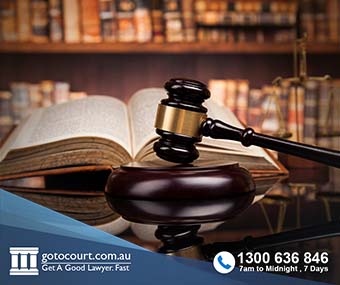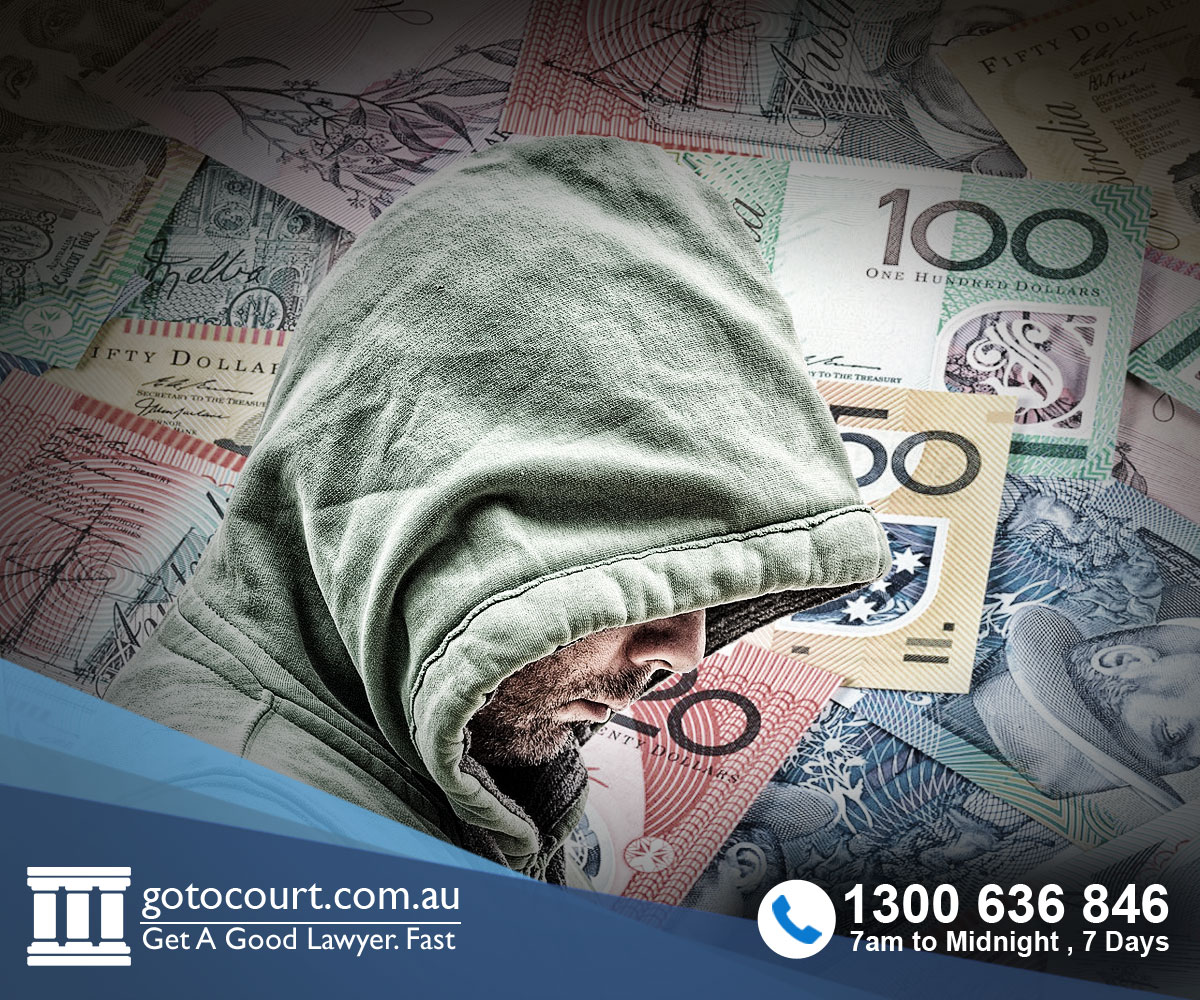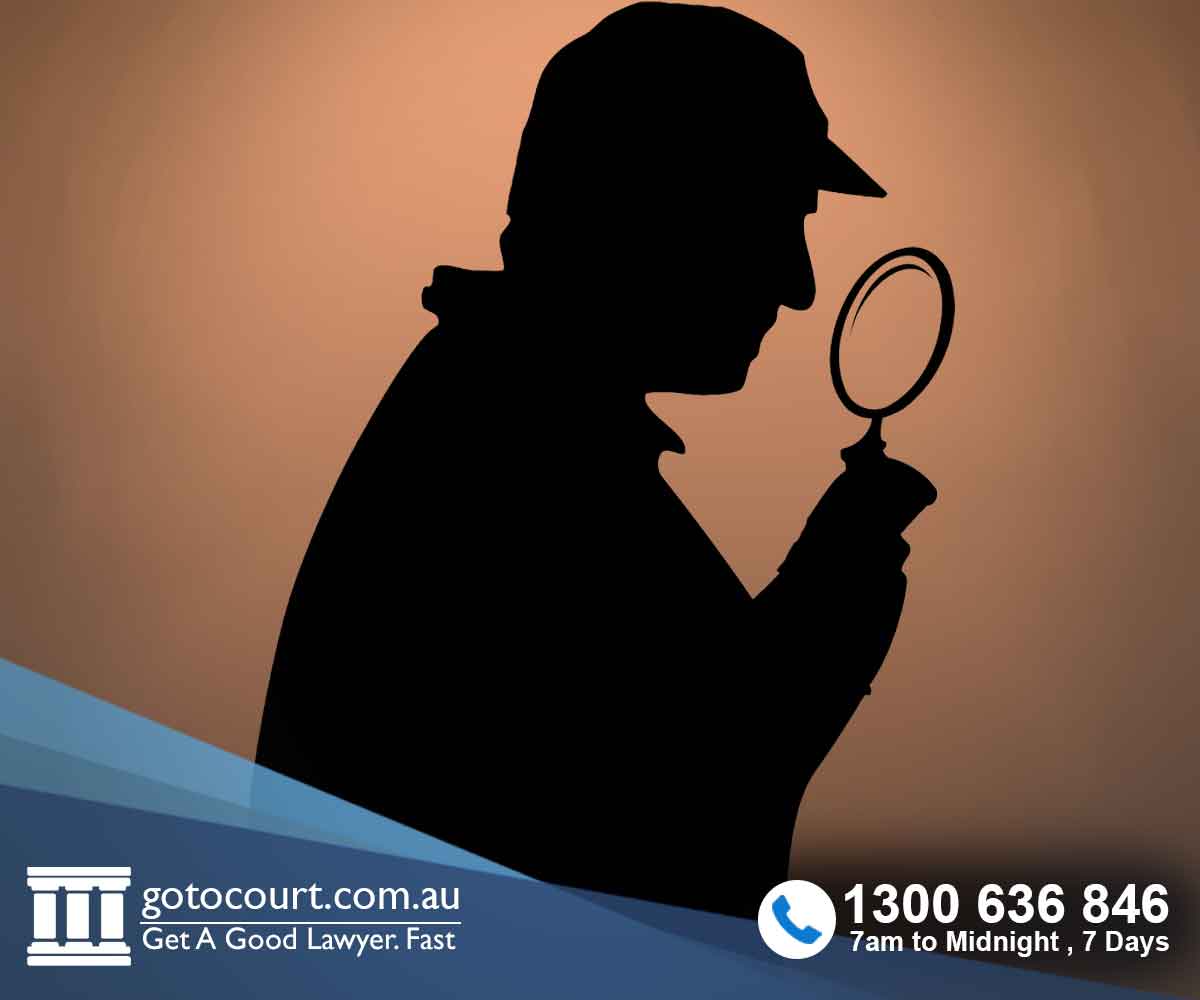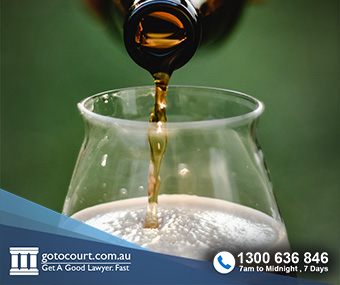Fraud in South Australia
Fraud in South Australia is charged under the general offence of deception, which is found in section 139 of the Criminal Law Consolidation Act 1935. This section replaced the common law offences relating to dishonesty that applied in South Australia before 2002.
The offence of deception is established when:
- A person deceives another;
- By doing so, either:
- dishonestly obtains a benefit for themselves or another person; or
- dishonestly causes some kind of detriment to another.
Penalties for fraud in South Australia
The maximum penalty for fraud and other deception offences in South Australia is imprisonment for ten years. This maximum penalty increases to 15 years imprisonment in circumstances of aggravation.
These circumstances include cases in which:
- the offender commits the offence while with one or more other people; or
- the offence is somehow connected to a criminal organisation.
Aggravated charges
The aggravated version of the deception offence also applies in circumstances where the offender deceives a particular type of person, such as:
- a law enforcement officer in the course of their official duties;
- a person under a certain age;
- a spouse or child; or
- a person in a position of particular vulnerability because of a physical or mental disability.
Deception and dishonesty
Fraud in South Australia and other offences involving deception and dishonesty require proof of two primary elements:
- There must have been some form of deception; and
- The deception must have dishonestly caused a benefit or detriment to another person.
Deception is defined under section 130 of the Criminal Law Consolidation Act 1935 as words or conduct that:
- Misrepresent a fact or state of affairs (other than an opinion);
- Misrepresent a person’s intentions; or
- Is a misrepresentation of the law.
Deception can be by either words or conduct. Deception must be deliberate and reckless deception is not enough. There must also be a causal connection between the deception and the benefit or detriment that occurs. This means the deception must intentionally cause the benefit or detriment which occurs.
Dishonesty is also defined under the legislation. Section 131 states that conduct will be dishonest if a person knowingly acts in a way that ordinary people would consider dishonest. This is a question of fact to be decided at trial by a jury.
Defences to fraud in South Australia
The Act sets out a number of circumstances where conduct will not be considered dishonest, such as:
- When a person keeps property that they find in circumstances where the owner cannot be reasonably found; and
- When the person is acting under an honest but mistaken belief that they have a legal right to act in a particular way.
If you have been charged with deception but you believe that one of these exceptions might apply to you, it is important to seek legal advice as soon as possible.
Other offences
There are a number of other offences involving deception, dishonesty, or fraud in South Australia. However, these apply only in specific circumstances and include:
- Dishonest dealings with documents (section 140);
- Dishonest manipulation of machines (section 141);
- Dishonest exploitation of a position of advantage (section 142);
- Dishonest interference with merchandise (section 143);
- Intentionally making off without paying in circumstances where you know payment is expected (section 144);
- Using a false identity (section 144B); and
- Misusing personal identification information (section 144C).
Less serious dishonesty offences may be charged under the Summary Offences Act 1953. A summary offence will be dealt with in the Magistrates Court and will carry a lower maximum penalty than the more serious offences described above.
These offences include:
- Avoiding payment of an entrance fee;
- Fraudulently selling educational materials;
- The fraudulent use of cheques; and
- Fraudulently acting as a spiritualist or medium.
All of these offences require proof of the same two elements:
- That a person has knowingly acted in a dishonest way; and
- To either gain a benefit for themselves or somebody else, or to cause a detriment to somebody else.
Gambling offences
South Australia also provides for a number of dishonesty offences in relation to gambling. For example, it is an offence to engage in or facilitate conduct that corrupts the betting on an event (sections 144H & 144I Criminal Law Consolidation Act 1935 (SA)) or to use inside information for betting purposes (section 144K).
These are considered serious offences, with a maximum penalty of two years imprisonment for the use of inside information, and 10 years imprisonment for the other offences.
If you require legal advice or representation in any legal matter, please contact Go To Court Lawyers.






